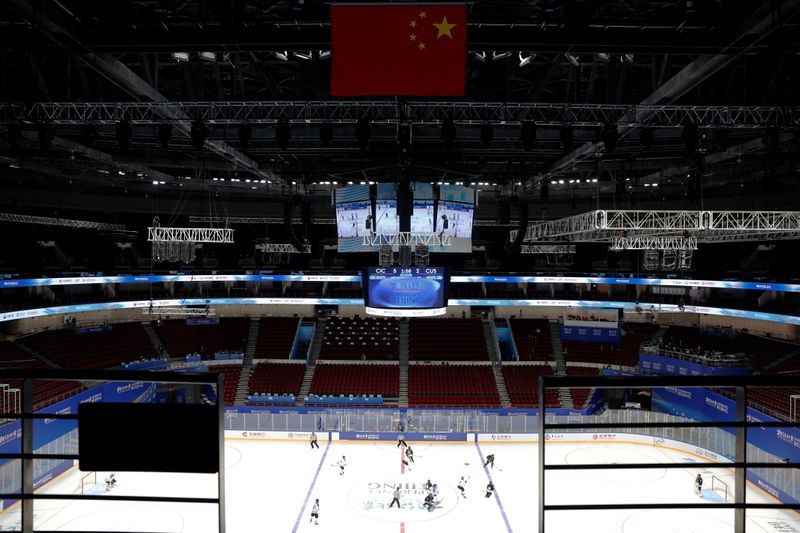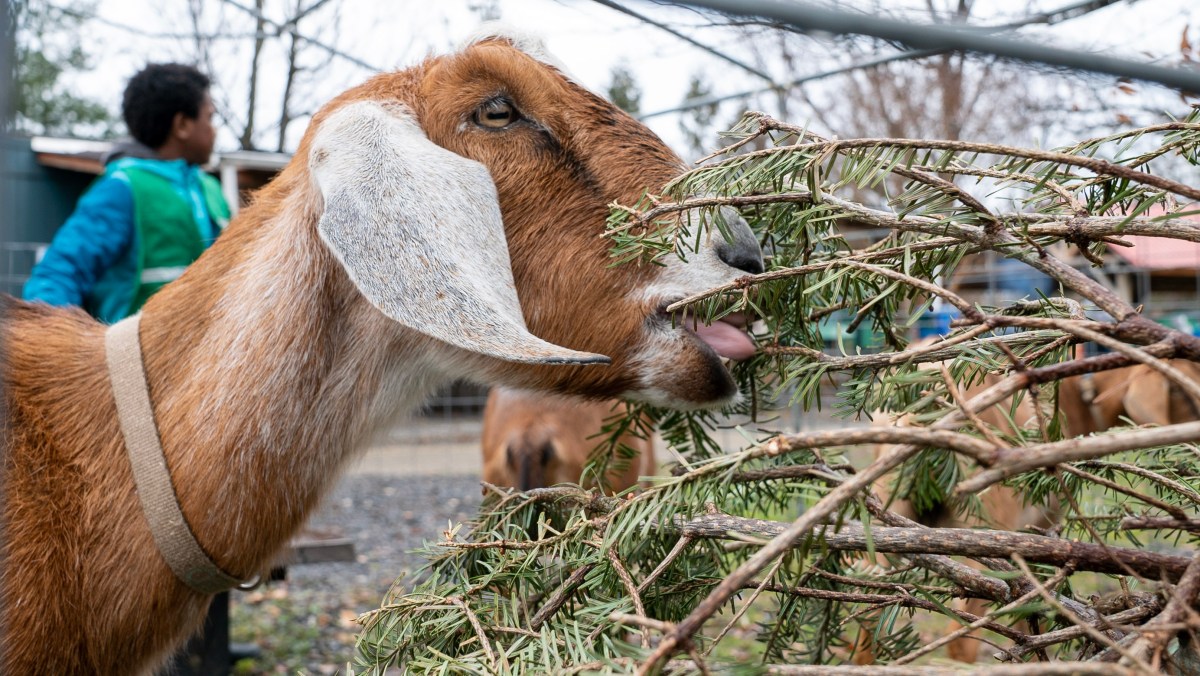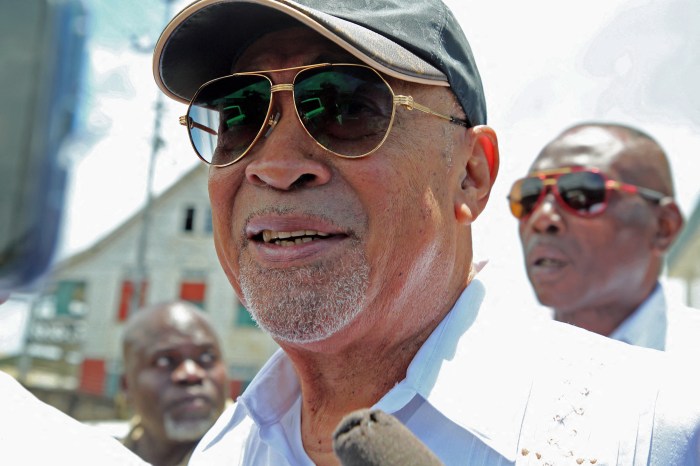(Adds byline, no changes to text)
BEIJING (Reuters) – Amid concerns that China’s men’s hockey players are not good enough to compete on home ice in next year’s Winter Games, veteran amateur players in Beijing are bracing for a rough ride but still hope they can see the team in action.
China’s women’s team is internationally competitive, but the men would be unlikely to join the Beijing Olympics in February without the automatic spot granted to host nations.
The International Ice Hockey Federation has been evaluating China’s Olympic hopefuls, who are playing in Russia, and will decide on Nov. 25 whether they will participate, after raising concerns over an “insufficient sporting standard”.
Norway’s team is waiting as a replacement if needed.
“It would be best if China’s team joins in, otherwise it’s meaningless. You’re the host nation, you get in without a ticket,” Ying Guosheng, 62, said as he strapped on shin pads at a rink in northern Beijing.
China’s first-round opponents would include powerhouses United States and Canada, each with a clutch of medals – potentially heralding an early series of crushing defeats for the host nation.
Elite National Hockey League players will also be able to compete in Beijing, unlike in the Pyeongchang Games in 2018, boosting the North American teams.
“It’s a once in a thousand years chance,” said Ying’s teammate Yu Xin. “The team could experience the atmosphere of the event, and other teams’ professionalism and techniques, and find where they’re lagging behind. Brains and strength are both essential. They shouldn’t be arrogant or rash.”
Yu’s club is made up of Beijing locals who first played as teenagers on a frozen lake in the heart of the city in the 1970s. They re-formed a few years ago in part because Beijing won the bid for the Olympics, and the players plan to watch, wearing their uniforms, when the Games begin.
Back when they first learned how to skate, Beijing only had one ice hockey rink, said captain Mei Chunhui, adding that it was usually only chilled for the occasional national-level game. Most of the year, they trained on land. Skates were often brought back by parents who had studied in the Soviet Union.
Now Beijing has plenty of rinks after a boom in investment, underpinned by a pledge by President Xi Jinping to get 300 million Chinese on skis and skates for the games.
But hockey is still a niche sport, especially outside the country’s chilly northeast. Club members are realistic about the national team’s chances.
“China could be considered a “dark horse” if it just scores one goal against a strong team like the U.S. or Russia or Germany – that would be quite the honour,” Yu said. “If our efforts and sweat aren’t wasted then that’s enough… the disparity is like that between a primary school kid and a PhD.”
China is not nearly as strong a power in the Winter Olympics as it is at the Summer Games. Chinese athletes claimed a solitary gold medal through short track skater Wu Dajing in Pyeongchang, although that is expected to improve next year.
But Yu has high expectations for the women’s hockey team.
“I really hope China’s women’s team can reach the final three, they’re awesome,” he said.
China’s women twice reached the semi-finals of the world championships in the 1990s and played in the bronze medal game at the 1998 Olympics, one of three Winter Games at which they have competed.
(Reporting by Gabriel Crossley and Thomas Suen; Additional reporting by Nick Mulvenney; Editing by Gerry Doyle)





















